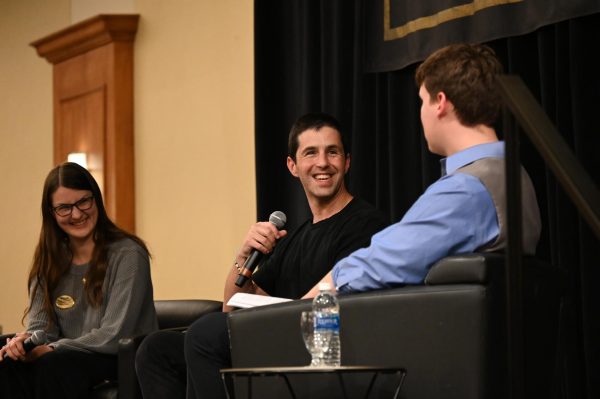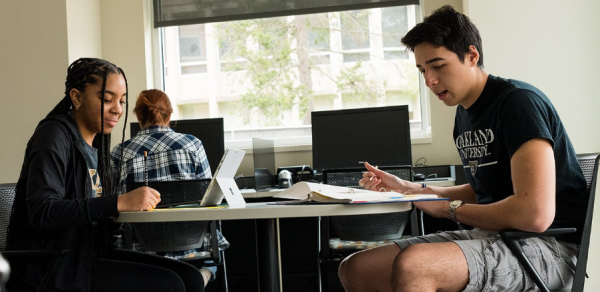Michigan minimum wage increases
The minimum wage for employees across Michigan was changed from $8.50 to $8.90 on Jan. 1, 2017.
On the first of the year, Michigan’s minimum wage was raised from $8.50 to $8.90 as the second installment of the Workforce Opportunity Wage Act (Act 138) passed through state legislature, which outlines a sizeable increase each year from 2016-2018.
According to The Detroit News, this secures Michigan’s minimum wage as the 15th highest in the country.
When this law was passed on May 27, 2014, minimum wage petitioners had hoped it would grow to as much as $15.
At the end of this three-part installment, however, the state minimum wage will settle at $9.25 with continued increases each year after for inflation only.
The Department of Licensing and Regulatory Affairs reported that guidelines limit Act 138 to Michigan employers who have two or more employees at or above the age of 16. The law also placed tipped workers in a separate category.
Those who receive tips as part of payment now have a minimum wage of $3.38, a 15 cent raise from the previous year, with the assurance that it will continue upward to $3.52 on Jan. 1, 2018.
Act 138 also provides overtime requirements, stating that employees who work over 40 hours a week will earn time and a half.
In an effort led by Oakland University Student Congress, Oakland, which employs about 1,800 on-campus student workers each year, recently raised the university minimum wage by 75 cents.
“OU . . . adopted the $9.25 wage rate [early,] effective 9/1/2016, at an annual incremental cost of $155,000, to help offset the tightened management of the number of hours students are allowed to work in order for OU to be compliant with the Affordable Care Act,” said John Beaghan, vice president for Finance and Administration and treasurer to the Board of Trustees, via email.
Some students are concerned, however, that the state minimum wage will catch up to OU’s pay increase too soon for the pay increase to make much of a difference.
“If the administration does not raise the minimum wage again by 30 to 40 cents, the minimum wage change, though significantly higher than the state minimum wage at this time, will have only had a temporary effect,” Student Congress President Zack Thomas said.
At this point, it is unclear whether Oakland administration will support this position.
However, according to Director of Financial Aid Cindy Hermsen, most student employees earn more than the minimum wage, as the average hourly paid rate to OU students last academic year was $9.79.
“This is a battle that we plan on beginning, but it is up to the next OUSC administration, whoever they may be, to follow through on this, because OU budgetary confirmation takes place in the summer,” Thomas said. “The next OUSC administration will be exponentially more powerful in this fight if they have a strong campaign message from the very beginning, and more importantly, if there is vocal and consistent student support.”
















